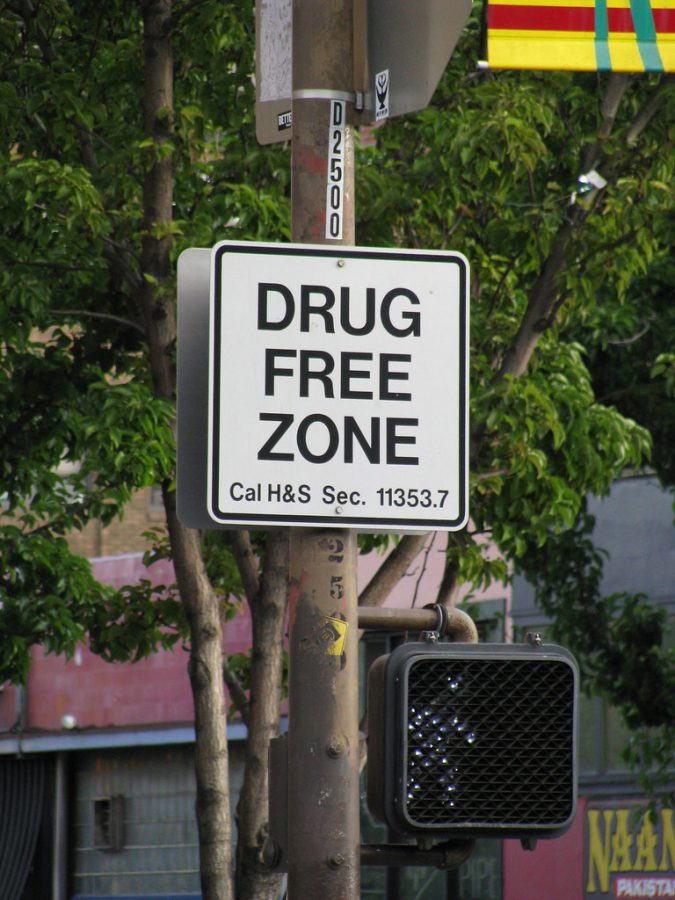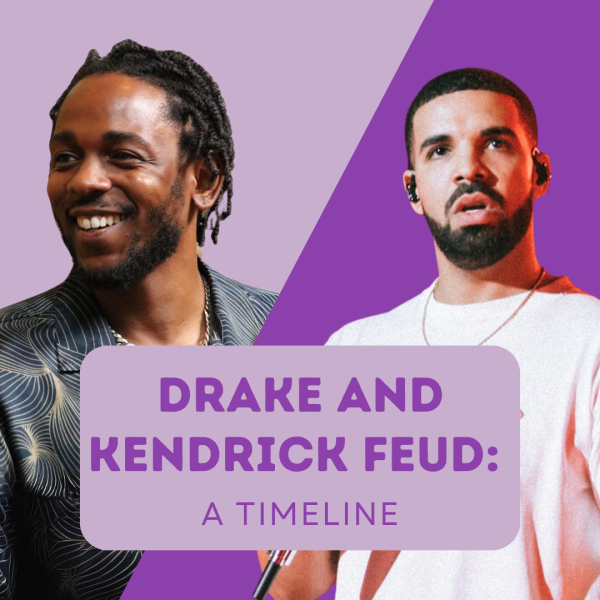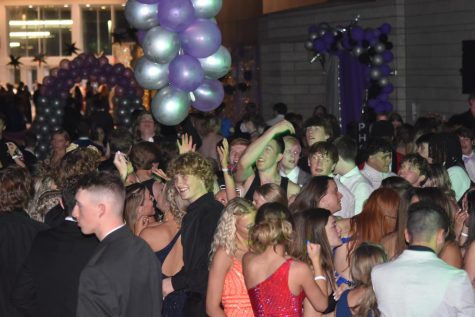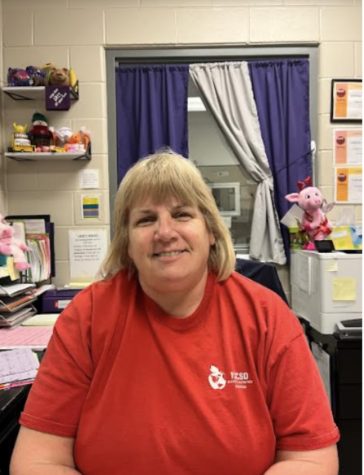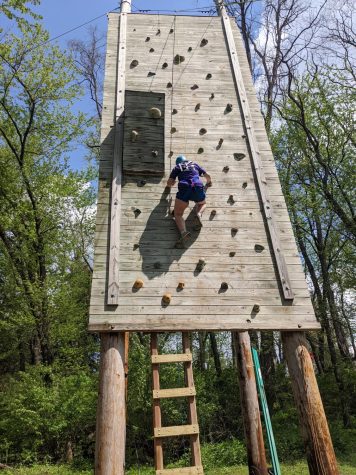Teens Thoughts on Drug Use
Drugs have been around for centuries but the use of them has always been highly debated.
A street sign stating “Drug Free Zone” in California. (Creative Commons Image)
Ever since we are young, we are automatically taught that drugs are bad, and to stay far away from them. Parents and teachers drill this idea into young kids’ heads hoping that they will listen and never use drugs. Most of the time, this does not happen. Around 50% of teenagers have used drugs at least once in their lives. 2.08 million teens aged 12-17 and 11.89 million aged 18-25 nationwide reported having used drugs in the last month. Among them, 83.88% reported using marijuana, one of the most common substances to use. Marijuana is legal for recreational use in some states and medical use in others, such as Iowa. Marijuana has also been considered a gateway drug to harder and more dangerous substances. About 591,000 teenagers reported using an illicit drug other than marijuana in the last month, leading to drug use being more commonly used by teens than ever before.
Drugs are a common thing for teens to come across, and Liberty students are no exception. An anonymous Liberty student shared what they thought about drug use within teens.
“I’ve always been told that drugs are bad,” they said. “Honestly, I don’t think they completely are. I think the war on drugs that started back in the 70’s played a huge part on how drugs are negatively seen today. I use marijuana every day and I think it’s made me a better person. I started smoking my sophomore year right after quarantine started. I think it was boredom combined with curiosity that made me want to try it, but I’ve been using it ever since then. Before I started using weed frequently, I struggled a lot with myself and anxiety and depression. It’s definitely helped me be happier and even to calm down if i’m in a stressful situation. I’ve also done mushrooms, which was pretty fun. I did it in a safe environment with someone I trust so it went well for me. I don’t want to encourage people to try drugs because I know that some people aren’t comfortable with it and don’t have any interest in it and that’s fine, but I think marijuana specifically has definitely helped me.”
They also explained why they think marijuana should be legal for recreational use in Iowa.
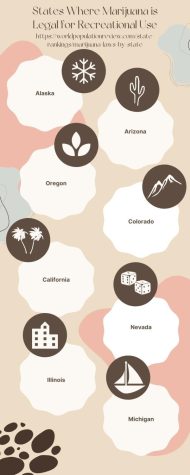
“People are going to smoke it either way. It’s just stupid for people to get in trouble for it and potentially mess up their lives because of it because it is literally just a plant. I think if it was legalized it could benefit the economy and would break that ‘lazy stoner’ stereotype around people that use weed and be accepted as a substance just like alcohol is. I don’t think all drugs should be legalized because there are some that are more dangerous than others but I think that legalizing marijuana would be a step in the right direction when it comes to decriminalizing certain drugs and becoming more accepting as a society.”
There has always been some type of stigma around drugs and users, but this has been changing, more recently than ever. Jody Lamp, senior, and Dylan Wilson, junior, both shared their opinions on drugs and where states stand with legalization.
“I think it [drugs] should be legal, not necessarily for recreational use but rather medical use because they’ve been proven to help a lot of people with chronic pain. I think on the stance of medical use, I can see it being useful to almost everyone,” Wilson said.
Lamp said, “I think the legalization of marijuana would reduce the crime rate but it would make it more accessible for teens and make people more prone to drug abuse. I don’t think any other drugs [besides cannabis] should be legalized for recreational use because we don’t know the long term effects for some of them.”
Lamp also shared her thoughts on drug stigma and stereotypes.
“I think that all stereotypes are bad and I think you should judge people based on their characteristics rather than their hobbies. I think that some people can use recreational drugs and still be focused and productive members of society.”
Using drugs in a recreational sense can be harmful to the user. They can affect growth and development in teens, especially brain development as well as contribute to future health problems like heart disease, high blood pressure, and sleep disorders. In worse case scenarios, there is the possibility of death. The anonymous Liberty student shared their thoughts on the negative effects that drugs can have.
“I definitely think that there are negative sides when using drugs like health problems and addiction. I think that being educated about what you’re taking and being with people you trust would help these issues. No one does drugs to get addicted to them, but sometimes that does happen. There’s always that risk with drugs but there’s also lots of resources if you are struggling with addiction. It’s the same with alcohol and risks with drinking but that’s still legal,” they said.
Wilson also shared his perspective on some of the negative effects that drugs can have.
“The addiction aspect [of drugs] is really bad,” he said. “If people could do the drugs but not get addicted to them if there wasn’t that certain chemical that causes addiction but if it doesn’t have that necessarily, it wouldn’t be as much of a scary thing for states to legalize. I think their [states] are scared that if someone were to get addicted they would harm themselves or someone else by accident.”
Addiction is another big concern when talking about drug use. There are many resources to help with people struggling with addiction but one of the most used is the SAMHSA’s National Helpline or textline. SAMHSA offers a free and confidential, 24/7, 365-day-a-year referral and information service (offered in English and Spanish) for individuals and families facing mental and/or substance use disorders. In 2020, the Helpline received around 833,598 calls which was a 27% increase from 2019, when they received about 656,953 calls and the number is continuing to grow. When you call or text the helpline, a trained specialist will answer the call, transfer callers to state services, and connect them with local assistance and support. The helpline is available over the phone at 1-800-662-4357 and 435748 for texts.
Over time, peoples thoughts on drugs have changed, and a lot of the opinions on it are vastly different from each other. There’s not a set way to view drug use and users but they shouldn’t be seen in just a negative way. Being more open to the conversation would allow others to be forthcoming about any addiction issues they are dealing with, and would lessen the stigma surrounding it. If we can prevent people from feeling shame, we can open the conversation up to aid these individuals.

Chloe is a senior at Liberty and this is her second year on staff. At Liberty, Chloe is involved in cheerleading and tennis. Outside of school, she enjoys...



